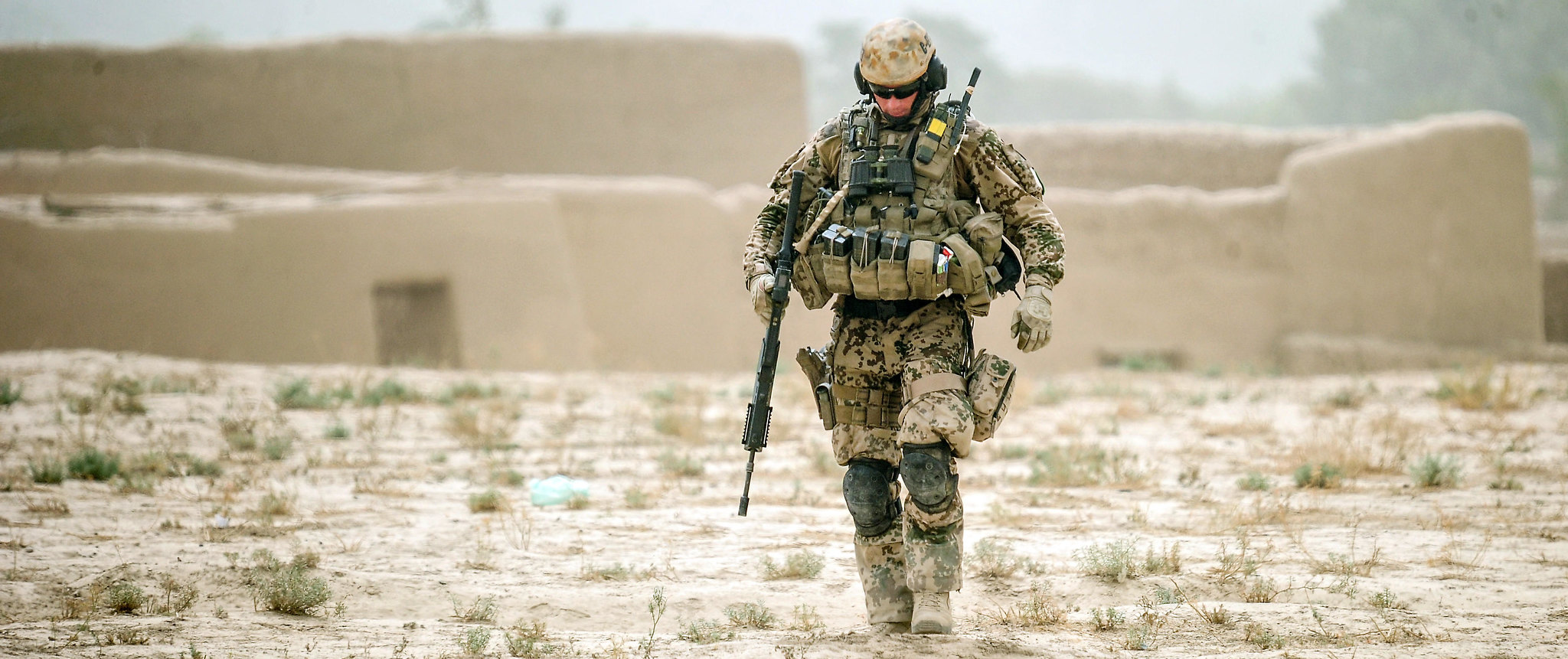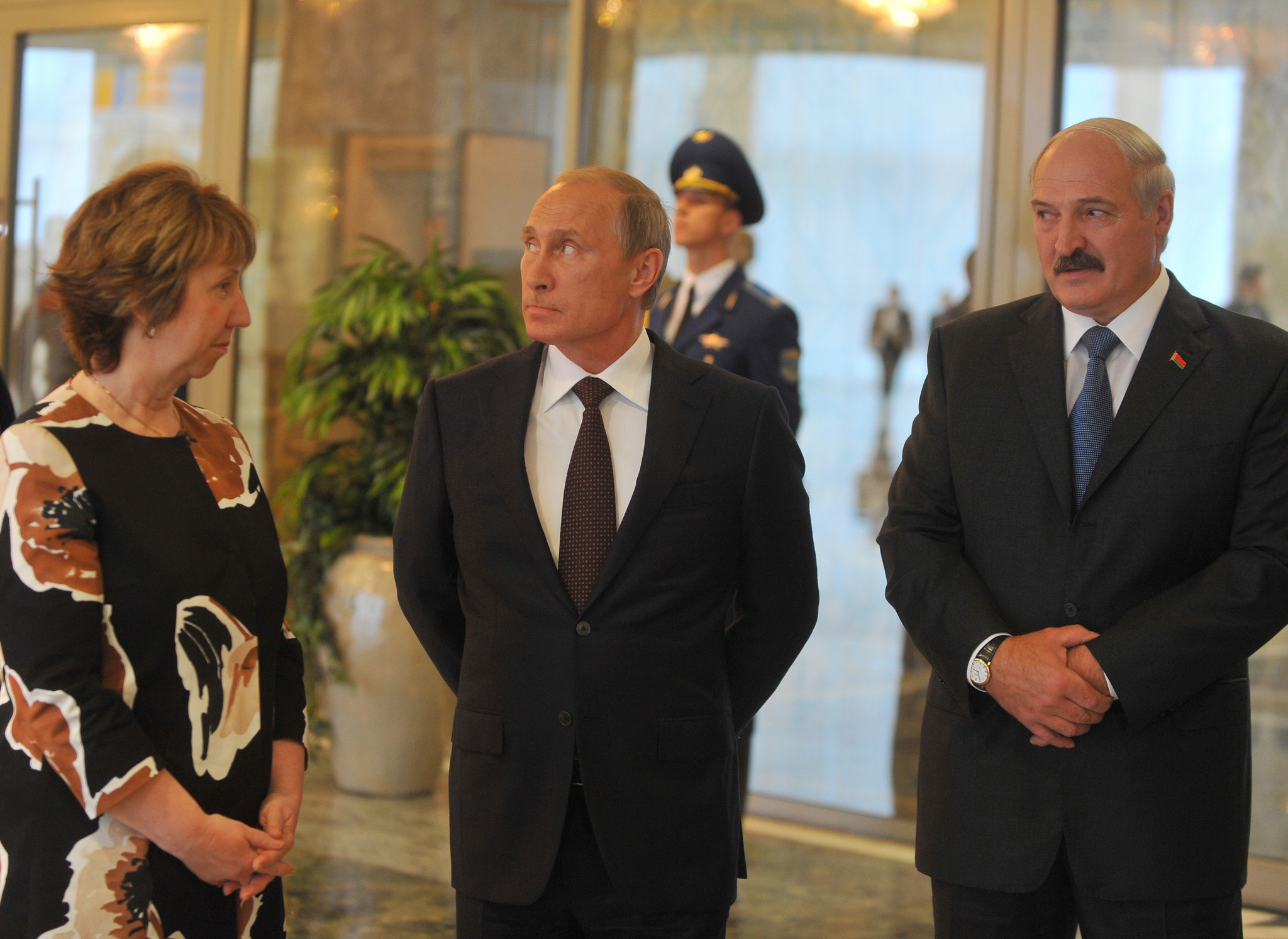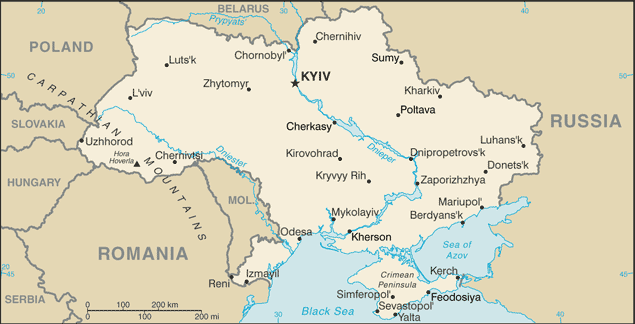By Rachel Epstein, Donald Abenheim, and Carolyn Halladay for Denver Dialogues.
Professor Rachel Epstein’s interview with Professors Donald Abenheim and Carolyn Halladay of the Naval Postgraduate School
Question: Back in 2017, a German army lieutenant in the Bundeswehr, Franco Albrecht, was arrested for creating a fake asylum-seeker identity in Germany. Albrecht’s larger objective was, as a refugee imposter with a government stipend and asylum-seeker housing, to carry out a terrorist plot in order to bring disrepute to refugees more generally, particularly Muslim populations from Syria and elsewhere in the Middle East. Are such conspiracies symptomatic of a larger phenomenon of military radicalization in the German armed forces, or was this an isolated incident?
The answer to the above question pivots on where one stands in the spectrum of German politics. Franco Albrecht was an officer candidate when he produced his völkisch (nationalist) tinged master’s thesis that first aroused the concern of his French military instructors. Then, as an officer, he masqueraded as a Sephardic Jewish refugee from Syria to flummox his Bundeswehr comrades seconded to deal with the refugee crisis in Bavaria in 2015. His antique French pistol, which he claimed “to have found” at the famed Vienna’s Officer’s Ball, was taken for a murder weapon for a series of political assassinations. These facts point to the world of conspiracy theories, end-of-times zealots, and online right-wing radicals who deny the legitimacy of the Federal Republic of Germany, long for the German Reich, and expect the present government to soon crumble.
To be sure, a fraction of soldiers, non-commissioned officers, and officers who hold such views are to be found in limited numbers in many armies of the world. In the Bundeswehr, according to the yearly report of the defense commissioner, there are only some hundreds out of 170,000, which may be a lower percentage of radical right-wing zealots than in society in general.
Therefore, one cannot say that Albrecht is symptomatic of large-scale radicalization in the Bundeswehr. Nonetheless, this incident and others (such as alleged right-wing activities amongst the German Special Operations Forces) point to a problem and possible threat the armed forces in every democratic country must handle prudently. With nationalist and extremist political parties and organizations on the rise in democratic Europe and in the West generally, Western democracies face the threat that the democratic orientation in the population is fading (for an example, see the latest survey by the Friedrich-Ebert-Stiftung). If the public undergoes an illiberal shift, it is likely to be mirrored in the views of some soldiers in the Bundeswehr. While every single actual or presumed extreme action is and will be interrogated and addressed (e.g.: the incidents within the German special forces led to an investigation that is still ongoing), the Bundeswehr must face the fact that it not only has to unmask extremism in its ranks, but also must ensure that its soldiers are educated in a way that prevents radicalization. Germans who adhere to extremist views are especially noteworthy because of the record of the past, not the least of which was in the mid-1960s when a neo-Nazi party (the NPD) re-emerged in the young FRG and appealed then to a few hundred Bundeswehr soldiers. The NPD was later branded as an opponent of the free democratic order of the FRG and then faded from power after its brief moment in the late 1960s, but its brand of integral nationalism—feeding into neo-Nazism—never vanished entirely. And such extremist views are hardly peculiar to Germany, as we have seen in the US, Austria, France, Hungary, Poland, Australia, and elsewhere.
Question: The Alternative for Deutschland (AfD), with its Euro-skeptic and anti-immigrant views, is now the largest opposition party in Germany’s Bundestag. Is it attracting support from the ranks of the German armed forces?
In the founding cohort of the AfD and among those central to its parliamentary success was a handful of field-grade ex-Bundeswehr officers. In many instances, the AfD political position to the Bundeswehr aims to repair the neglect and disrepair of the military over the period since the end of the Cold War. This position attracts support, as is quite logical, and can cause little alarm among an observer otherwise critical of integral German nationalism. But the party is also Janus-faced about NATO and the western orientation of German security policy, because certain members of the AfD had an open connection to Moscow and endorse Putin’s view of security policy, topping even the Russian orientation of former chancellor Gerhard Schröder and his Social Democrat companion Matthias Platzek, Prime Minister of Brandenburg, between 2002 and 2013.
A factor that aids the fortunes of the AfD among the Bundeswehr concerns the role of the CDU defense minister, Dr. Ursula von der Leyen, whose time in the defense ministry has been punctuated by misogynist rancor connected to her first months in office, when she took the blade to what she deemed to be a too clubby group of old, white male flag officers, especially in the procurement and materiel branches. It is also true that, in the wake of the Albrecht scandal, which some have alleged was a manifestation of the cult of the Wehrmacht in the Bundeswehr (a claim we find exaggerated) that Alexander Gauland, AfD-co-founder, celebrated the memory of German soldiers in both world wars. His statement was surely not as egregious as that of Björn Höcke (another AfD politician), who suggested junking a culture of atonement for German genocide and mass murder. Our point is that a celebration of the Wehrmacht in the year 2017–2018 by a major German politician does rightly make headlines, but it also provides some succor for those harboring extremist ideologies.
Question: What potentially fuels right-wing radicalization in the German armed forces? What role has underspending and the hollowing-out of defense capacity played? Or does participation in NATO multilateral missions play a role, including counterinsurgency operations?
There are two sources of radicalization in German and other European armed forces. First is the critical renationalization in Germany and Europe (and one could add in the US, as well). But second and less well understood is the impact of the post September 2001 military operations in areas far from Europe which, according to a time-honored model of the impact of irregular and colonial warfare on the metropole, blow back at home. That is, the dirty combat of irregular war often works its muck into the professional esprit de corps of soldiers who see themselves as abandoned by civilians at home and wounded in their honor. This phenomenon operated in the cases of France in North Africa and Britain in India, Palestine, and Ireland. And it did so in Germany, in the case of those troops who served in Africa in the First World War and especially those who served along with the Turks. The Albrecht case, whatever it turns out to be in the end, a fact or a nightmare, surely manifests this civil-military dysfunction.
Hew Strachan and Douglas Porch both depict how colonial warfare changes democratic civil-military relations and sends the blast of guerrilla war into the hearts and minds of those at home, who transform into insurgents. Albrecht’s education with the French army, where the shadow of the Algerian War is darker than elsewhere in NATO, is evidence of this. The fact that NATO and partner forces serve in counter insurgency echelons in Afghanistan and Africa means that the dark side of COIN can especially manifest itself among young soldiers, NCOs, and officers with an unsettled grasp of soldiers and constitutions. The debate in Germany in the wake of the Albrecht scandal and the successive controversies about a possible “shadow army” cast light on the noteworthy fact that the German government has neglected the care and maintenance of the principles of the citizen in uniform.
The danger of radicalization is meanwhile amplified by the climacteric of renationalization in Europe since the sovereign debt crisis of 2009 onwards and reinforced by the catalytic refugee crisis that burst onto the scene in 2015. Old taboos relative to integral nationalism, political violence associated with such beliefs, and the placid blandness that often made the Federal Republic of Germany a stable and reliable country have fallen apart in the last decade and more. Whereas the word populism is often used by those new to the subject in this connection, the reality is that the doctrines and dogmas of integral nationalism are alive and well. This is the form of nationalism in continental Europe that became predominant in France, Germany, Austria, Hungary, and elsewhere in the generation before 1914 and has reasserted itself in a manner that resembles aspects of the 1930s, despite claims by others that such parallels are misplaced. The AfD finds adherents in the Bundeswehr not the least, as mentioned above, because the party addresses legitimate issues of budget, roles, mission and equipment: this fact embodies no radicalization. But renationalization, to which these more main-stream ideas are now attached, poses a real danger.
The views expressed here are those of the individuals themselves and do not reflect the positions of the US government or any office therein.







